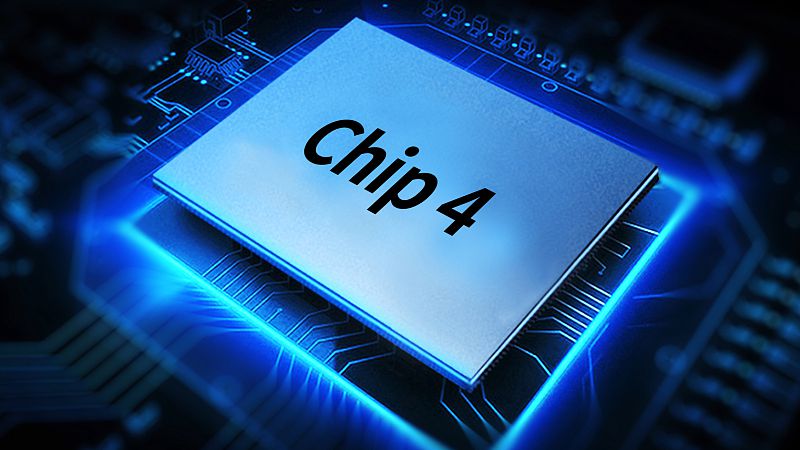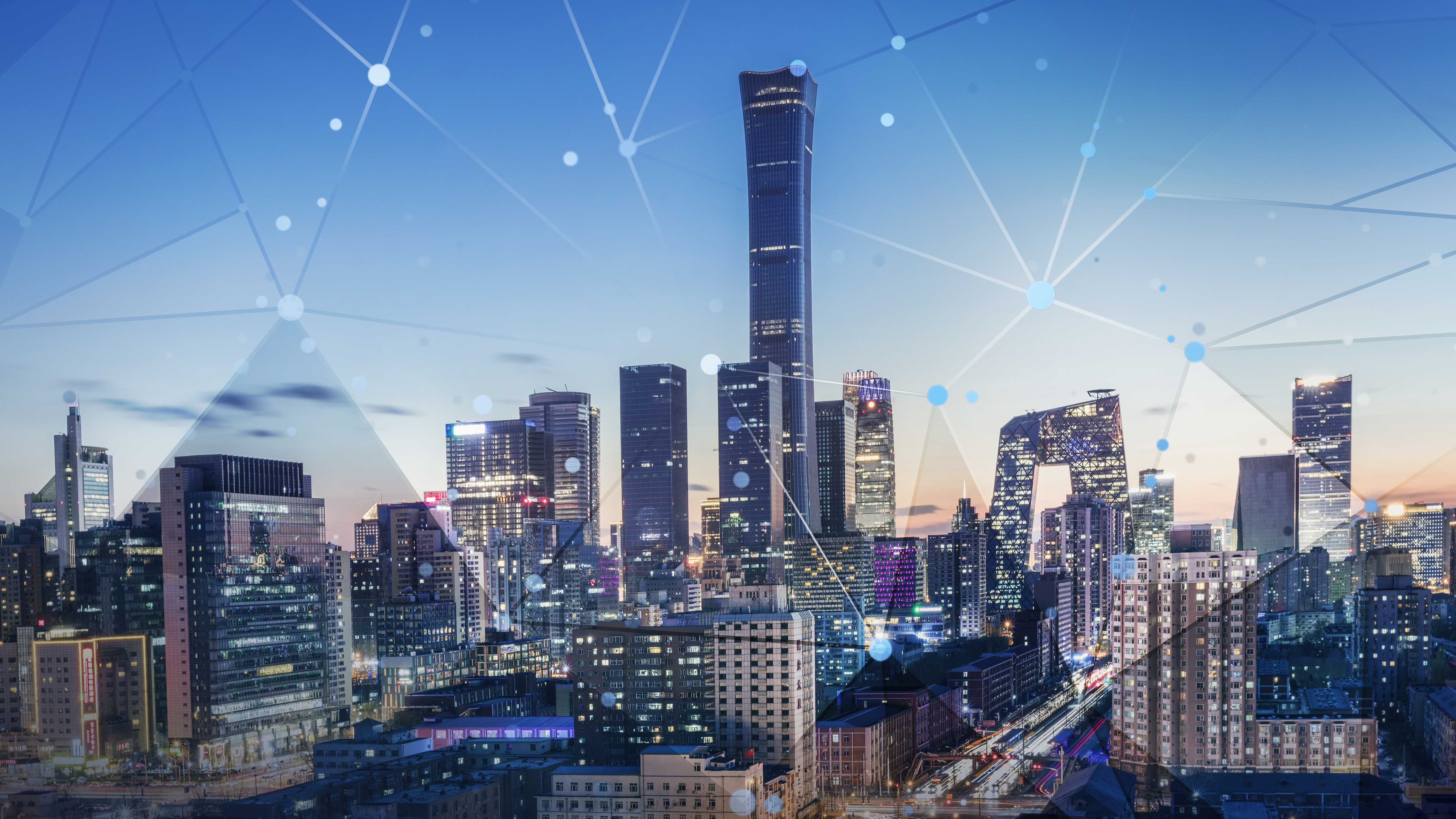The U.S., the world’s leading technology superpower, has been wielding monopoly power and taking suppression measures in high-tech fields to maintain its technological hegemony, said a report released on Monday.
Most recently, the U.S. has been lobbying its allies, including the Netherlands and Japan, to further restrict export of microchips and related equipment and technology to China.
ASML, the world’s top supplier of chip-making machines based in the Netherlands, has already been banned from selling its most advanced chip-making equipment to China since 2019, because of curbs imposed by the Dutch government under pressure from the U.S.
The company warned last week that “the drive for technological sovereignty” could lead to “long-term changes in global trade, competition and technology supply chains,” which could adversely affect its business and growth prospects.
This is only the latest move by the U.S. to further strangle China’s chip industry.
Last year, the Biden Administration proposed the so-called “Chip 4 Alliance,” which includes four of the world’s top producers of semiconductors: the U.S., Japan, Korea and China’s Taiwan region. It is widely seen as Washington’s effort to contain Beijing in the cutting-edge sector.
How the U.S. suppressed Japan’s chip industry
Actually, China has not the only country targeted by the U.S. in the semiconductor sector.
In the 1980s, Japan, one of the U.S.’s closest allies, once produced about half of the world’s semiconductors. In the year 1990, six of the world’s top ten semiconductor manufacturers were Japanese companies.
In order to contain Japan’s semiconductor industry, the U.S. launched the “301” investigation, threatened to label Japan as conducting unfair trade, and imposed retaliatory tariffs, forcing Japan to sign the U.S.-Japan Semiconductor Agreement.
As a result, Japanese semiconductor enterprises were almost completely driven out of global competition, and their market share dropped from 50 percent to 10 percent.
In the same time, with the support of the U.S. government, a large number of U.S. semiconductor enterprises took the opportunity and grabbed larger market share.
U.S. put over 1,000 Chinese firms on sanction list
Now, facing competition from Chinese tech companies, the U.S. has been overstretching the concept of national security and mobilizing state power to suppress and sanction Chinese companies, like telecom giant Huawei – a leading company in 5G technologies.
Over the past years, the U.S. has restricted the entry of Huawei products into the American market, cut off its supply of chips and operating systems, and also coerced other countries to ban Huawei from undertaking local 5G network construction.
It even talked Canada into unwarrantedly detaining Huawei’s CFO Meng Wanzhou for nearly three years.
As a matter of fact, the U.S. has fabricated a slew of excuses to clamp down on China’s high-tech enterprises with global competitiveness, and has put more than 1,000 Chinese enterprises on its sanction lists.
U.S. eavesdropping
The U.S. has also been abusing its technological hegemony and carrying out widespread cyber-attacks and eavesdropping, the report pointed out.
The world’s No.1 superpower, with the most advanced technologies, has long been notorious as an “empire of hackers,” blamed for its rampant acts of cyber theft around the world.
And U.S. surveillance is indiscriminate. All can be targets of its surveillance, be they rivals or allies, even leaders of allied countries such as former German Chancellor Angela Merkel and several French Presidents.
Cyber surveillance and attacks launched by the U.S. such as “Prism,” “Dirtbox,” “Irritant Horn” and “Telescreen Operation” are all proof that the U.S. is closely monitoring its allies and partners.
Julian Assange, the founder of Wikileaks, a website that has exposed U.S. surveillance programs, said that “do not expect a global surveillance superpower to act with honor or respect. There is only one rule: there are no rules.”
Source(s): CGTN

 News6 days ago
News6 days ago
 Sports4 days ago
Sports4 days ago
 News6 days ago
News6 days ago
 News7 days ago
News7 days ago
 News4 days ago
News4 days ago
 News4 days ago
News4 days ago
 Sports4 days ago
Sports4 days ago
 World3 days ago
World3 days ago


















